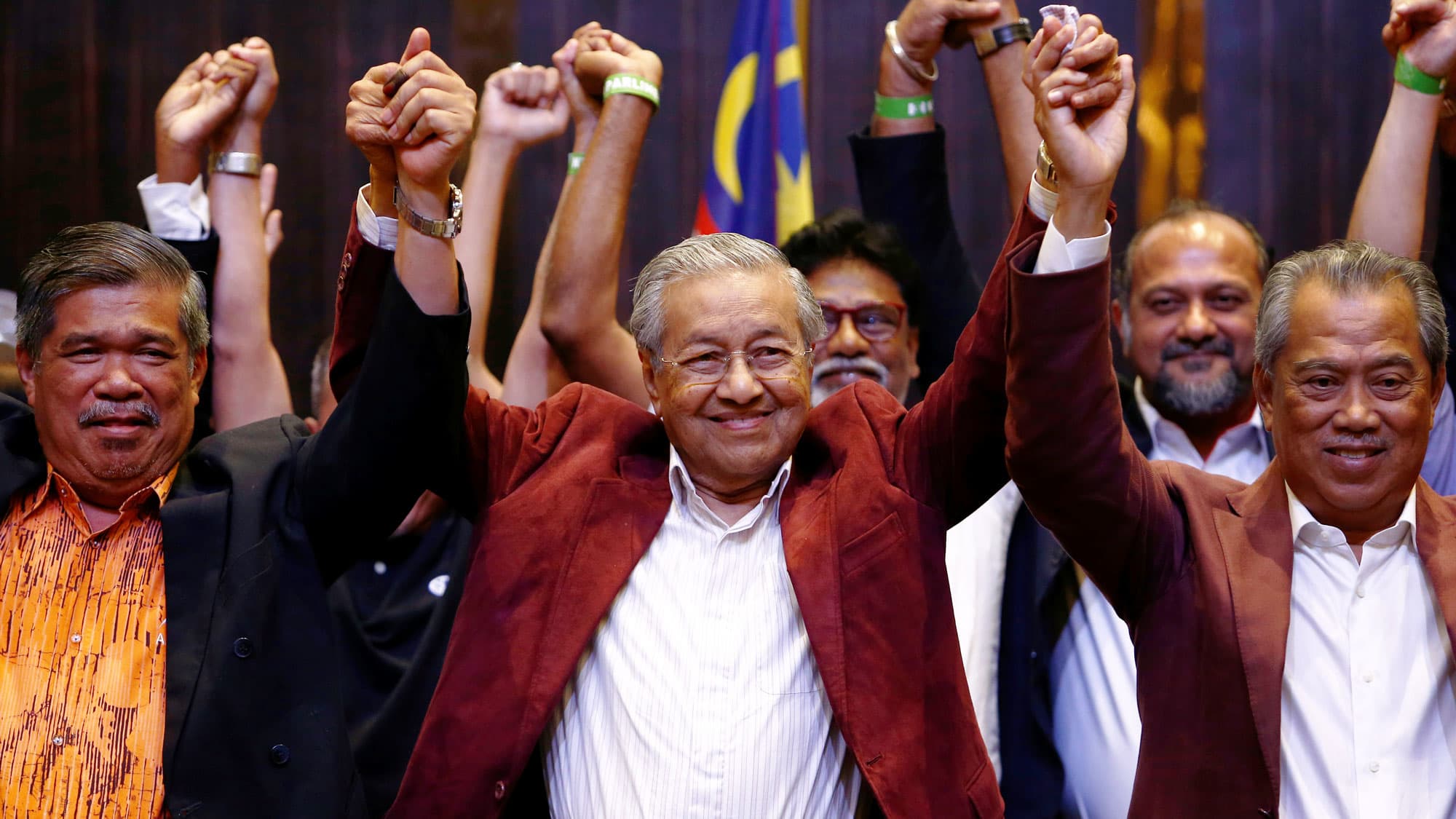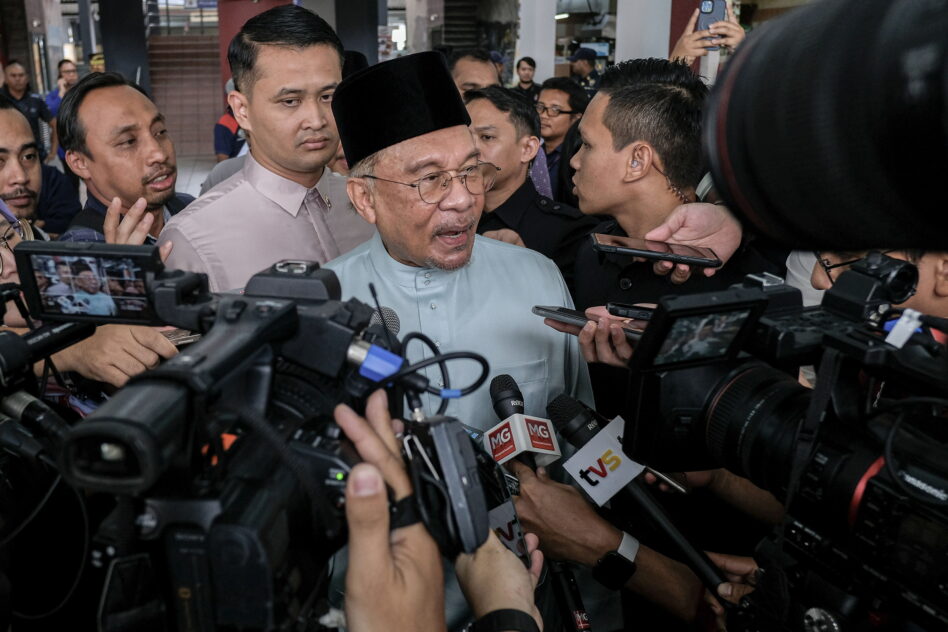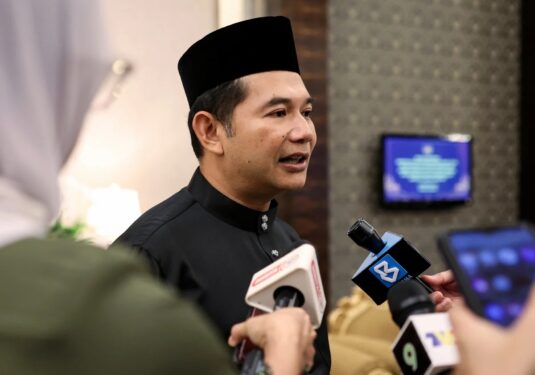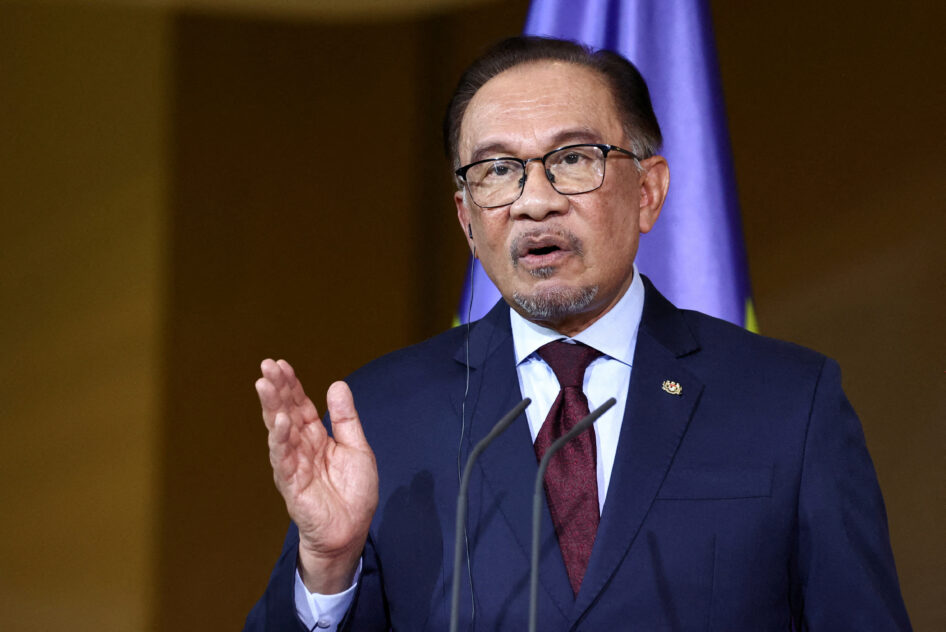WHILE political parties/coalitions contesting in the forthcoming 15th General Election (GE15) have been urged to incorporate healthcare concerns such as financing, aged care access to abortion and tobacco control in their manifestos, they should also strive to field only physically or medically fit candidates.
This small part by political parties to screen first-hand the health/fitness of their candidates – especially with majority of them belonging to the 45-70 age group – obviously goes a long way to stem ‘excessive wastage’ by having to hold by-elections.
Although there is currently no upper limit on the age of MPs (although the lower limit is capped at 21), medical experts have proposed for the maximum age of an MP or a state assemblyman to be capped at 70 to 75 years old unless they are proven to be medically fit.
“Technically, the age factor (alone) cannot be considered because older leaders are seen as more matured but what is important is the health of the leader,” Medical and Health Sciences Cluster National Professors Council (MPN) Head, Professor Tan Sri Amin Jalaludin told news portal Sinar Daily.
“People’s representatives – whether young or old – must also undergo a health check-up to avoid by-elections if something untoward takes place.”
Common sense has it that the risk of falling ill or even dying-on-the-job (typically from heart attacks or cancer) increases with age.
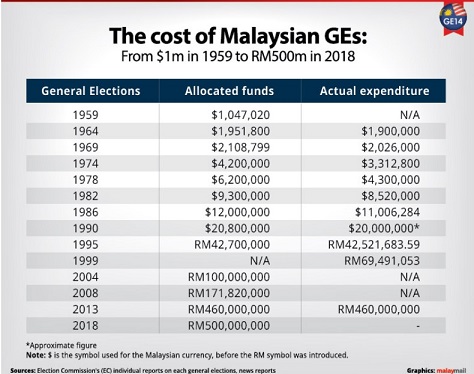
If the latter occurs, then the Government will have no choice but to fork out additional expenses to hold state constituencies or parliamentary by-elections (the actual cost varies depending on the size and geography of the electorate).
According to a Malay Mail study, the 14th General Election (GE14) held on May 8, 2018, it roughly cost RM500 mil to conduct, up from one million Malaysian ringgit for the first ever polls back in 1959 just two years after the nation’s independence in 1957.
However, GE15 could cost taxpayers up to RM1.1 bil in what could be the most expensive national polls to date.
This comes about given the additional five million new voters into the electoral roll, hence doubling the spending for GE14 when turnout was already at a record high, the Sunday Star reported the Elections Commission (EC) chairman Tan Sri Abdul Ghani Salleh told as saying.
He said that the higher costs are largely due to the increase in manpower and other resources needed to cater to a larger pool of voters, after Malaysia passed amendments to Article 119(1) of the Federal Constitution and implemented an automatic voter registration system. These changes were made operational in December 2021.
At the height of the COVID-19 pandemic, caretaker Minister in the Prime Minister’s Department Datuk Seri Takiyuddin Hassan was quoted as saying that a snap poll during that time would cost RM1.2 bil.
Likewise, to stage GE15 amid a monsoon season, Malaysian taxpayers would have to pay up an additional RM1 bil from the anticipated RM1.1 bil for GE15, so as predicted by former EC chairman Tan Sri Abdul Aziz Yusof.
Most of this extra RM1 bil, according to Abdul Aziz, would be spent on logistics, particularly on transporting voters to their respective polling stations in constituencies that were flooded. – Oct 18, 2022
Main photo credit: CNBC
Pix courtesy of Malay Mail.


